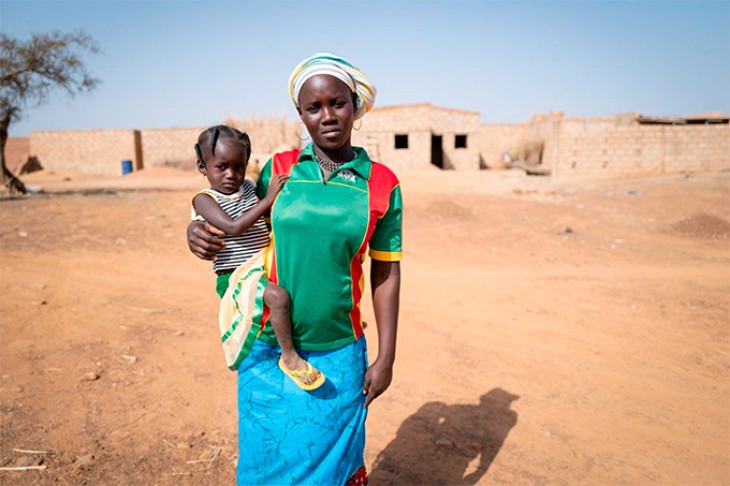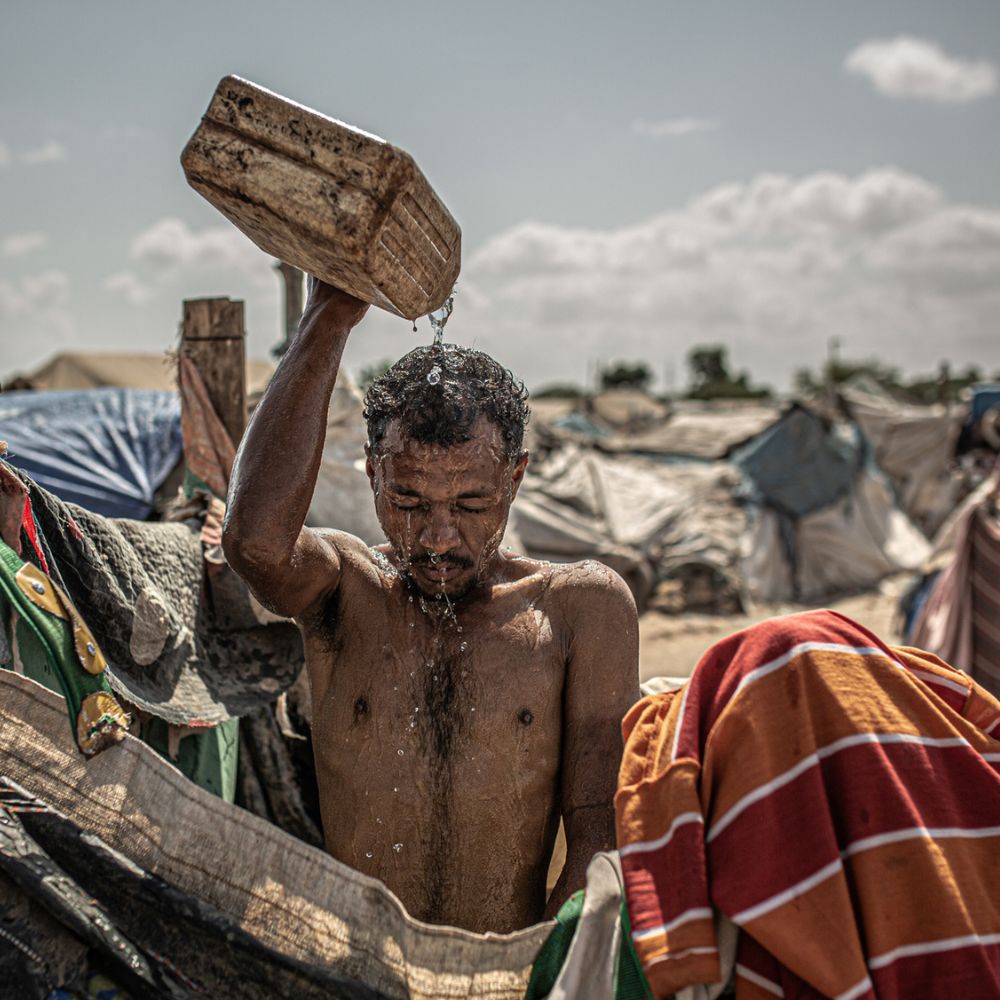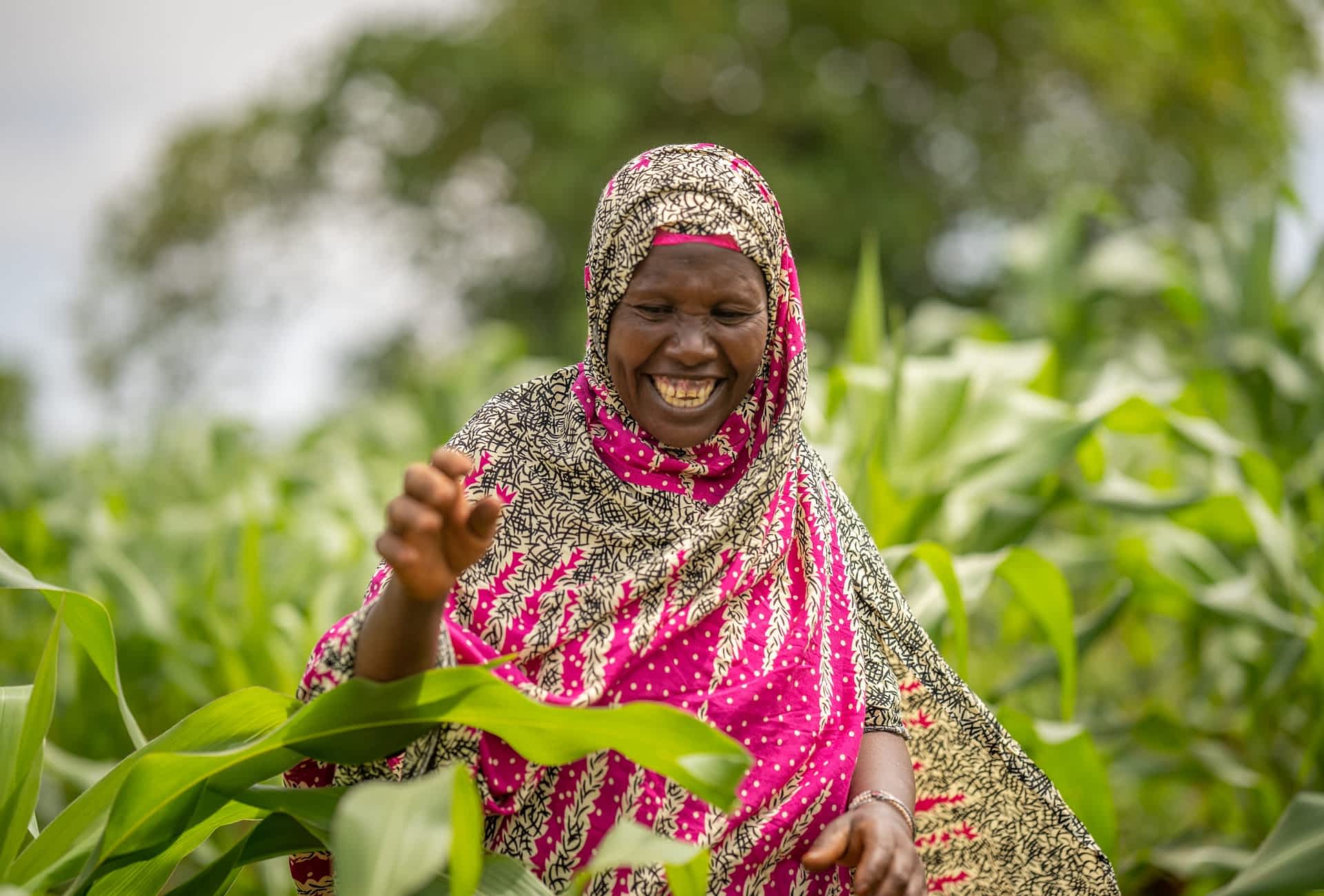Policy brief: Survivors and heroines, women in the crisis in Burkina Faso

Burkina Faso is currently experiencing one of the most rapidly deteriorating humanitarian crises in the world, exacerbated by the COVID-19 pandemic. This study describes the impact of the conflict on women and looks at their role in strengthening social cohesion and building peace. It is part of a series of papers written to inform public debate on development and humanitarian policy issues.
Download the english summary or the full report in french
Main focus of the report
The report focuses on two areas
- The impact of the current crisis on the protection and security of women and girls and their basic needs: In its current form, the humanitarian response is not sufficient to meet the scale of the needs of displaced populations and host communities. The women we spoke with identified several priority needs, such as access to water, security, food, shelter and education. In addition, they told us that they are exposed to violence in their villages of origin, during their exodus, and within sites hosting IDPs.
- The role of women in social cohesion and peacebuilding in Burkina Faso: Burkinabè society recognizes the decisive role of women in social cohesion, but that role must be continuously strengthened and supported. At the local and community levels, even though women are often absent from mediation and conflict resolution structures, rural and displaced women are seen as playing a key role in maintaining social cohesion through their daily efforts to build trust and participate in society.
On the basis of the research, Oxfam has made recommendation to the Government of Burkina Faso and to humanitarian actors, including NGOs, the United Nations and donors.
They are as follows:
- Provide a direct and immediate response to women’s needs and build their resilience
- Promote the active participation of women in governance and peacebuilding structures at the local, regional and national levels
The COVID-19 pandemic increases the urgency of resolving the current crisis in Burkina Faso and ensuring sustainable peace. To this end, the experience, concerns and priorities of women are crucial in formulating the response. A peaceful society requires the meaningful participation of women, gender justice, and the transformation of power relations.

